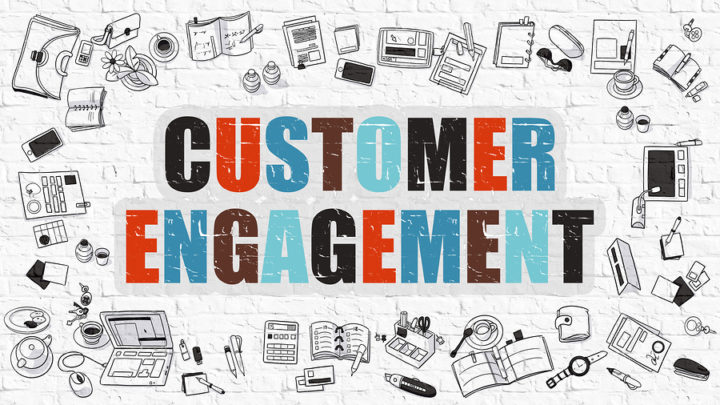Australia’s small businesses have rarely, if ever, had it tougher. This year promised to be brighter, and it momentarily was. But in recent months a cost-of-living crisis, inflation, interest rates, and skyrocketing COVID-19 cases have changed the outlook. As a result, consumers today are being more selective than ever about the businesses they interact with. Appealing to them requires a strategic and convenient approach that goes beyond your products and services.
That’s where a customer engagement strategy, which optimises every interaction your customers have with your business, can help you stand out. But what is customer engagement and why is it important? What are the key elements of an effective strategy? And how can your small business build yours?
What is customer engagement?
Customer engagement is the process of nurturing your audience throughout the customer lifecycle while delivering a consistent, positive and engaging brand experience on every channel. Because consumers are spoilt for choice and today’s economy is so customer-centric, it has become a key contributor to business health. If yours isn’t working or engaging, they’ll look elsewhere.
Why is it important?
Customers are vocal about the experience they have with businesses, and their reviews, whether online or in person, can influence their friends, family and peers. Negative publicity spreads faster than positive, so it’s little exaggeration to say that a customer engagement strategy can make or break a business.
When planned and executed well, the right customer engagement strategy will help you retain existing customers, loyalty is crucial in driving revenue at a low cost, and bring in new ones. Engagement throughout the customer journey provides valuable, real-time insights into what new and prospective customers feel about your brand, your product or service, and your experience, so you can continuously refine and improve your business.
What are the key elements?
There is no one single ingredient that contributes to a successful customer engagement plan. Instead, there are many contributing factors, including:
- purpose and alignment with your brand values
- customer-centricity
- value added during each interaction
- personalisation, not one-size-fits-all
- multiple, easily accessible communication channels
- proactivity and reactivity
- clearly defined and measurable KPIs.
How can you build your customer engagement strategy?
There is no defining blueprint; what works for one business, might not for another. The best way to approach it is with your specific customers and their needs, desires and pain points in mind. First, understand their demographics, preferences, and typical spending habits, as well as how they’re interacting with your brand.
Ask yourself whether you’re meeting their needs and expectations at every touchpoint, and what their sentiment toward your brand is. Consumers want to interact with brands that are aligned with their values, so project the right image to your audience, establish a genuine connection and showcase the human side of your brand.
Ensure consistency and that your customer onboarding is straightforward, intuitive and interesting. Regularly look for and remove bottlenecks in the customer journey, and proactively seek feedback as demonstrating their opinion matters is a strong driver of brand loyalty. Communication is essential, so ensure yours with your customers is open and consistent.
Regularly monitor social media activity, leveraging the positives and controlling the damage done by negative reviews. Improve communication and data sharing between your internal teams so they all have a 360-degree view of the customer engagement strategy and buy into your brand’s vision and mission.
Above all, though, define success, measure results and refine your strategy. Customers have the power to decide the fate of your business. If they like you, your business and their engagement with it, their loyalty will grow.
















